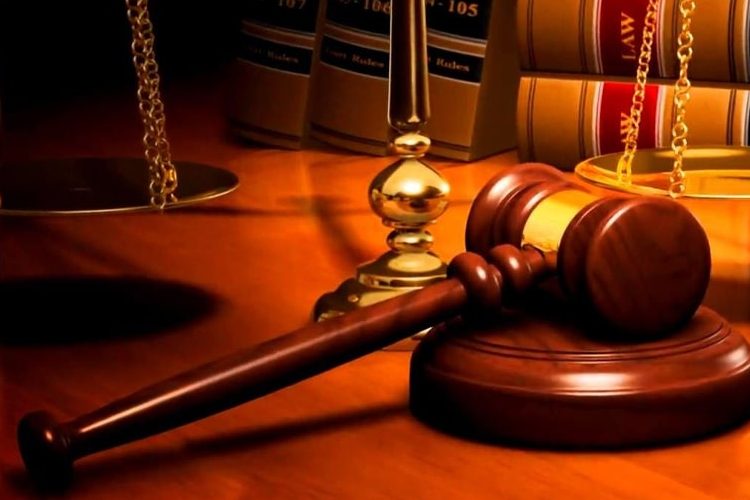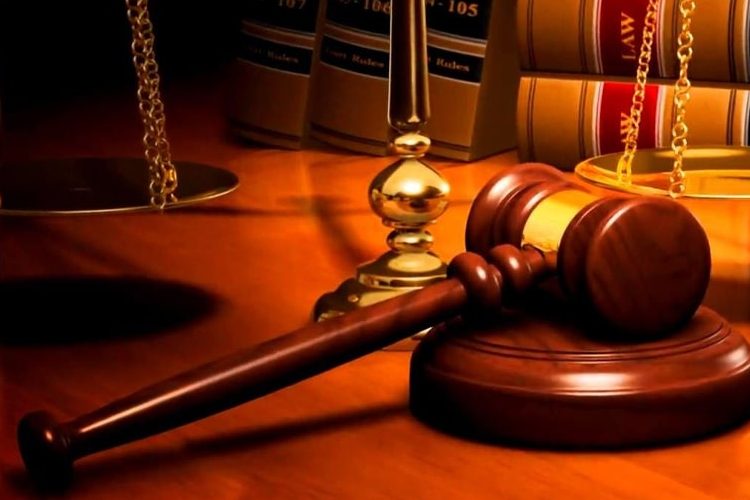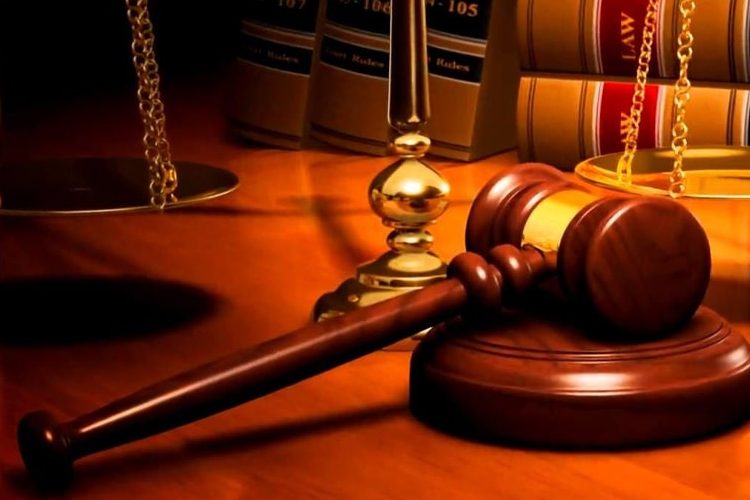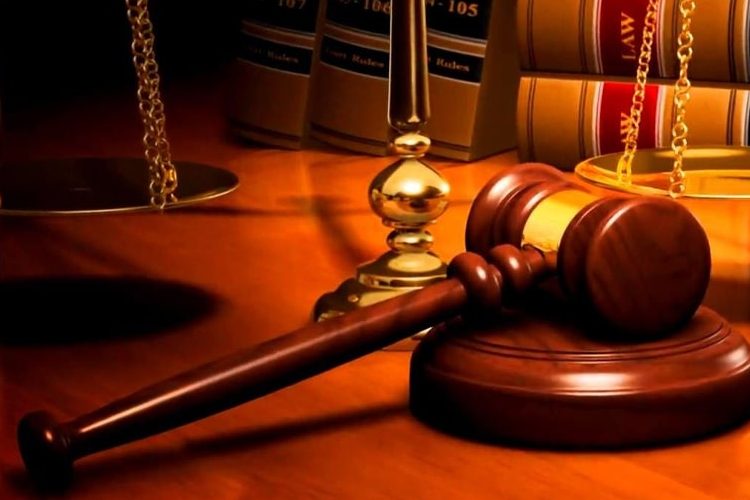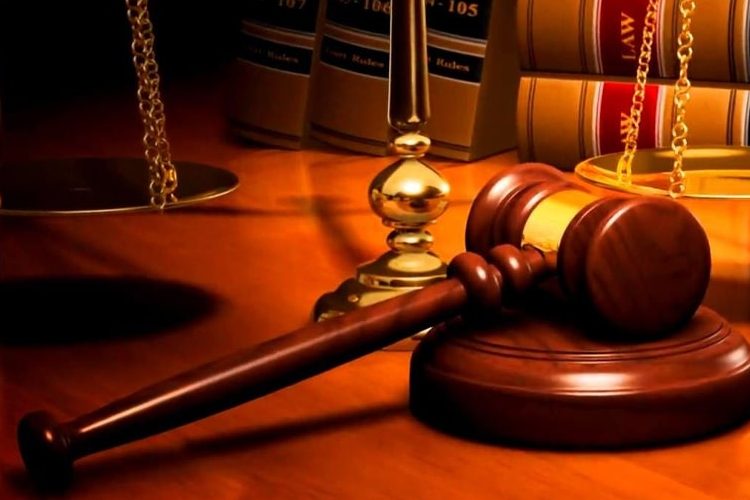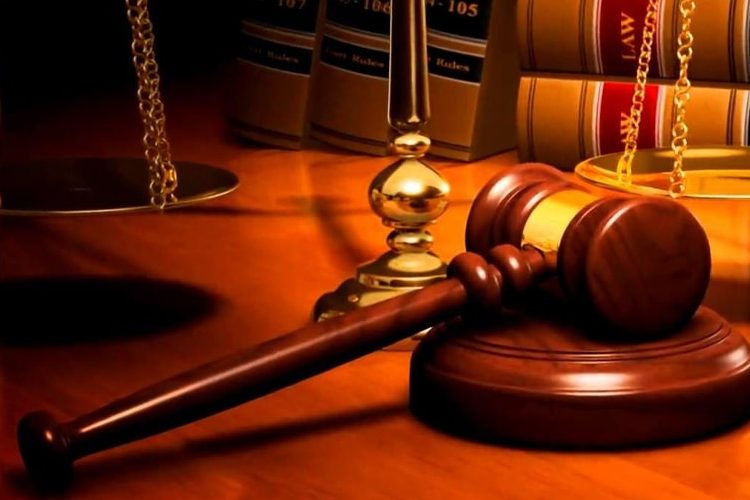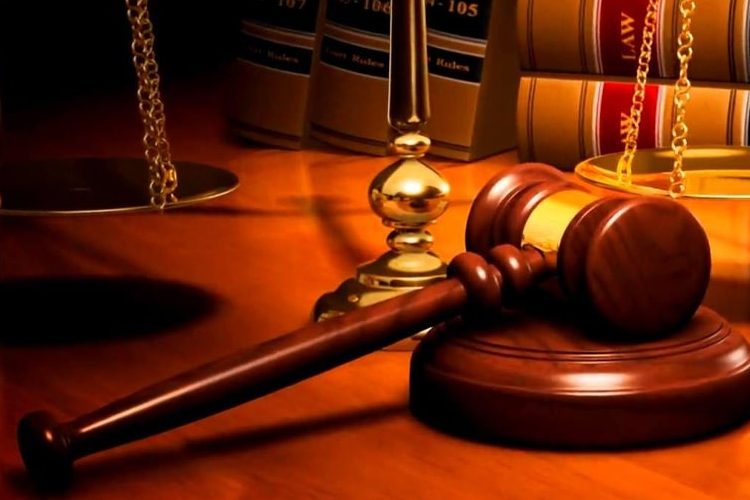
Venture Global Engineering v. Satyam Computer Services Ltd.
- 2022-02-17
Facts: Salomon was a merchant who sold his manufacturing business to Salomon and company ltd. It was a company that was consolidated by him. There were seven endorsers of the reminder Salomon, his wife, his girl and four sons. They were the main individuals from the company. Salomon and his two son were the piece of leading body of the chief of the organization. The assembling business was acquired by the organization for £ 40,000. In instalment Salomon took debentures of £10,000 and 20,000 shares of £ 1 each. Alternate individuals from the family were given one share each.
The company got liquidated within one year. In the wake of ending up there was nothing left for the unsecured loan bosses. The lenders fought that the organization is not an autonomous presence. Salomon was sole proprietor of the organization and hence he is subject for all the rest of the obligations of the organization.
Issue: Is a company a separate legal entity?
Judgement: It was held that the organization Salomon and Salomon company was an unmistakable and autonomous partnership. It was further held that the company is different person altogether from the subscriber of memorandum. It is the same as its share holders and has its own seal. It can sue someone else or company and furthermore can be sued itself.
Section 9 of the Companies act 2013 deals with independent existence of the company. This section states that a company becomes a corporate body that is capable of functioning as an incorporate individual. Company in law is a person. It is distinct legal personality that is independent of its members. Therefore it is separate from its shareholders, directors, promoters etc.
There are however some exceptions, which is known as Lifting of Corporate veil. It has been reiterated by India judiciary many times. “It is neither necessary nor desirable to enumerate the classes of cases where lifting the veil is permissible, since that must necessarily depend on the relevant statutory or other provisions, the object sought to be achieved, the impugned conduct, the involvement of the element of public interest, the effect on parties who may be affected, etc.”. This was iterated by the Supreme Court in Life Insurance Corporation of India v. Escorts Ltd.
When the true legal position of a company and the circumstances under which its entity as a corporate body will be ignored and the corporate veil is lifted, the individual shareholder may be treated as liable for its acts. The corporate veil may be lifted where the statute itself contemplates lifting the veil or fraud or improper conduct is intended to be prevented.

